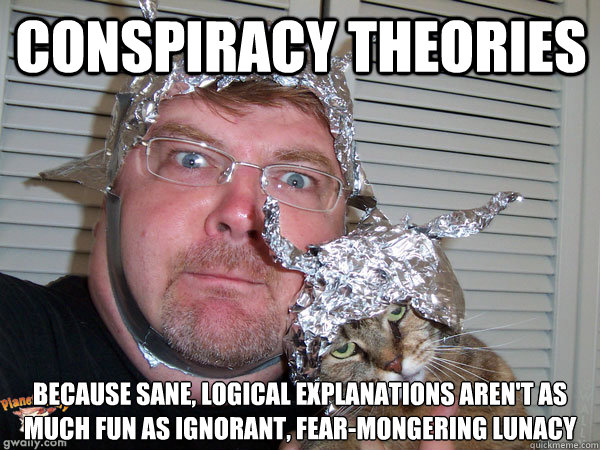Iskanders in Kaliningrad spooks Eastern Europe
Bruce Jones, London - IHS Jane's Defence Weekly
14 October 2016
Russia's Ministry of Defence (MoD) deployment of Iskander-M (SS-26 'Stone') short-range ballistic missiles (SRBMs) to its Baltic exclave of Kaliningrad, which lies between Poland and Lithuania, has prompted widespread concern in the region.
The deployment of the Iskander-M, which has a range of 500 km (possibly more) and is nuclear-capable, has attracted widespread condemnation by leading Western figures.
The missiles were delivered on the merchant vessel Ambal from the port of Ust-Luga near St Petersburg to Baltiysk in Kaliningrad on 7 October.
The Russian MoD explained that the deployment had been made for planned combat training. Iskanders were previously deployed temporarily on exercise in Kaliningrad in December 2013. They have also been deployed periodically behind Russia's contiguous western border, facing the Baltic states (from the east).
One of the first to break the news was Estonia Defence Forces' chief-of-staff, Lieutenant General Riho Terras who said, "Moscow in the long-term wishes to control the Baltic in much the same way that it does the Black Sea," and that the Kremlin had sent NATO a distinct message.
Chair of the country's Defence Committee Marko Mihkelson called for, "calm and to treat the incidents as attempted blackmail".
A NATO spokesperson told IHS Jane's on 10 October that, "The deployment of missiles close to alliance borders that can carry nuclear warheads does not help to lower tensions. We need more - not less - transparency and predictability on military activities to avoid incidents and the risk of misunderstandings."
On 11 October, speaking at a security conference in Passau, Germany, NATO Secretary General Jens Stoltenberg said, "We will continue to send the signal that our troops can be reinforced, if necessary. It is important to avoid a new Cold War, and we do not want a new arms race." He added that the deployment was not particularly surprising given the current pattern of Russian activities.
 http://www.janes.com/article/64622/iska ... ern-europe
http://www.janes.com/article/64622/iska ... ern-europe













